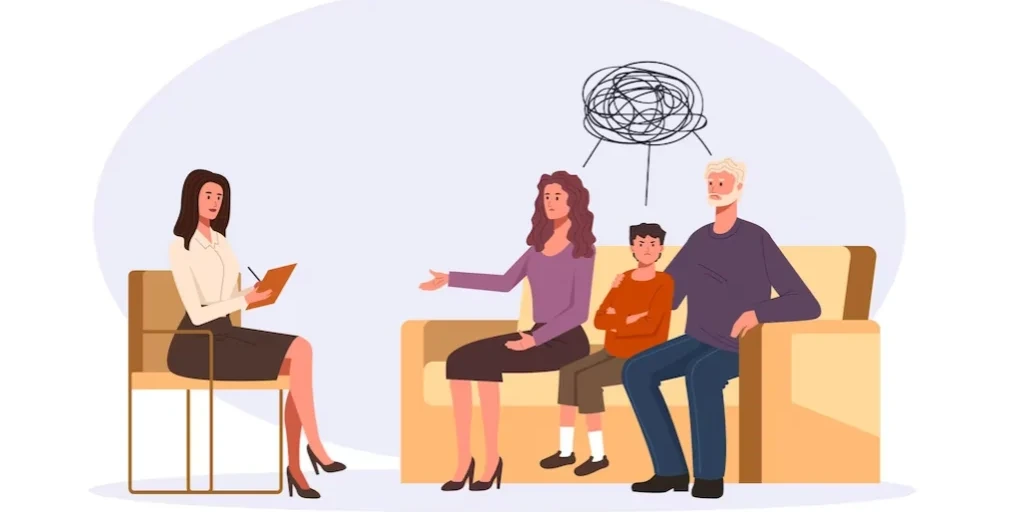24/7 Helpline:
(866) 899-111424/7 Helpline:
(866) 899-1114
Learn more about Depression Treatment centers in Wetumka

Other Insurance Options

MHNNet Behavioral Health

Health Partners

Meritain

UnitedHealth Group

Sutter

Horizon Healthcare Service

Sliding scale payment assistance

Ambetter

Coventry Health Care

Humana

Access to Recovery (ATR) Voucher

United Health Care

Choice Care Network

Regence

American Behavioral

Lucent

Premera

Anthem

Amerigroup

WellPoint


Oklahoma Families First
Oklahoma Families First is a private rehab located in Holdenville, OK. Oklahoma Families First speci...













































Carl Albert
Carl Albert is a public rehab located in Holdenville, Oklahoma. Carl Albert specializes in the treat...










































